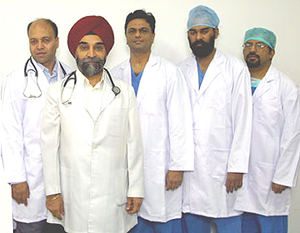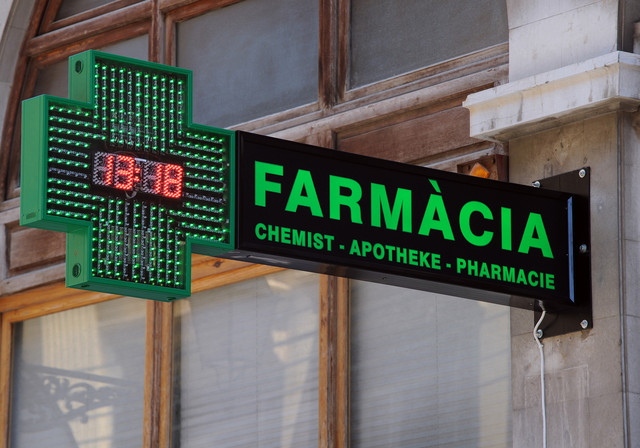CSince the discovery of penicillin in the late 1920s, antibiotics have become an increasingly common method for treating just about any kind of infection. While they certainly have their place in proper treatment, many in the medical establishment have begun to criticize the over-use of antibiotics for a variety of reasons. As travelers that sometimes lack access to sophisticated health care and clear diagnoses from properly trained and English-speaking physicians, backpackers in the developing world often use antibiotics as a first line of defense against sickness. However, it’s important to understand the controversy surrounding them to make informed decisions.
Here’s the simplified answer: antibiotics are microscopic organisms that are cultured (grown) with a particular role in mind—kill off bad bacteria in the body. At this point, it’s important to recognize the difference between bacterial infections and viral ones. Most bacteria can be killed by antibiotics, and a proper (and properly taken) prescription for them can be an effective and safe treatment. Viruses, on the other hand, cannot be killed by antibiotics, and the infections that they cause must be suffered through with only treatment for the symptoms. Doctors often knowingly prescribe antibiotics to patients suffering from viral infections, either to preemptively treat secondary bacterial infections that might arise as result, or just to make a patient happy. This is part of the controversy.
What are the side effects?
Antibiotics generally can’t discriminate between the naturally-occurring bacteria living in your system that is part of a healthy and balanced body and the invading bacteria making you sick. As a result, it is very common to have digestive problems such as diarrhea after taking antibiotics as your “good” bacteria have also been vanquished. Fungal infections may also arise. But, given the fact that you’re already sick, these might seem like acceptable risks.
Because antibiotics are easy to prescribe and take, many in the medical community believe that they are being overused and misused. Antibiotics are meant to be taken in a “course,” which is a several-day treatment. Patients often start the course, feel mostly better, and stop halfway through. This has resulted in the development of so-called “super-bugs,” which are introduced to antibiotics and live to fight another day. What doesn’t kill them makes them stronger, and they are now able to continue breeding bacterial strains that will resist antibiotic treatments in the future. The Food and Drug Administration of the United States has stated that this is the largest health problem facing the US—risk of a drug-resistant pandemic.
As a traveler, you’re likely to get sick at some point or another. If it is a bacterial infection, antibiotics may very well help. If it’s viral, you’re probably wasting your time, and if you don’t know the difference, you can’t make an informed decision. Options like Azithromycin (a “z-pack”) and Ciproflaxin are widely available in other countries, often over the counter. However, these and all other antibiotics are recommended to be used only with a doctor’s prescription, so be careful in self-diagnosing and prescribing such strong medications. If you do take them, be sure to take the full course, even if you feel better immediately. If you don’t get better, seek qualified medical help. Traveling sick is never pleasant, and helping to bring about the downfall of mankind by creating superbugs is no fun either. Stay informed, and stay healthy.








